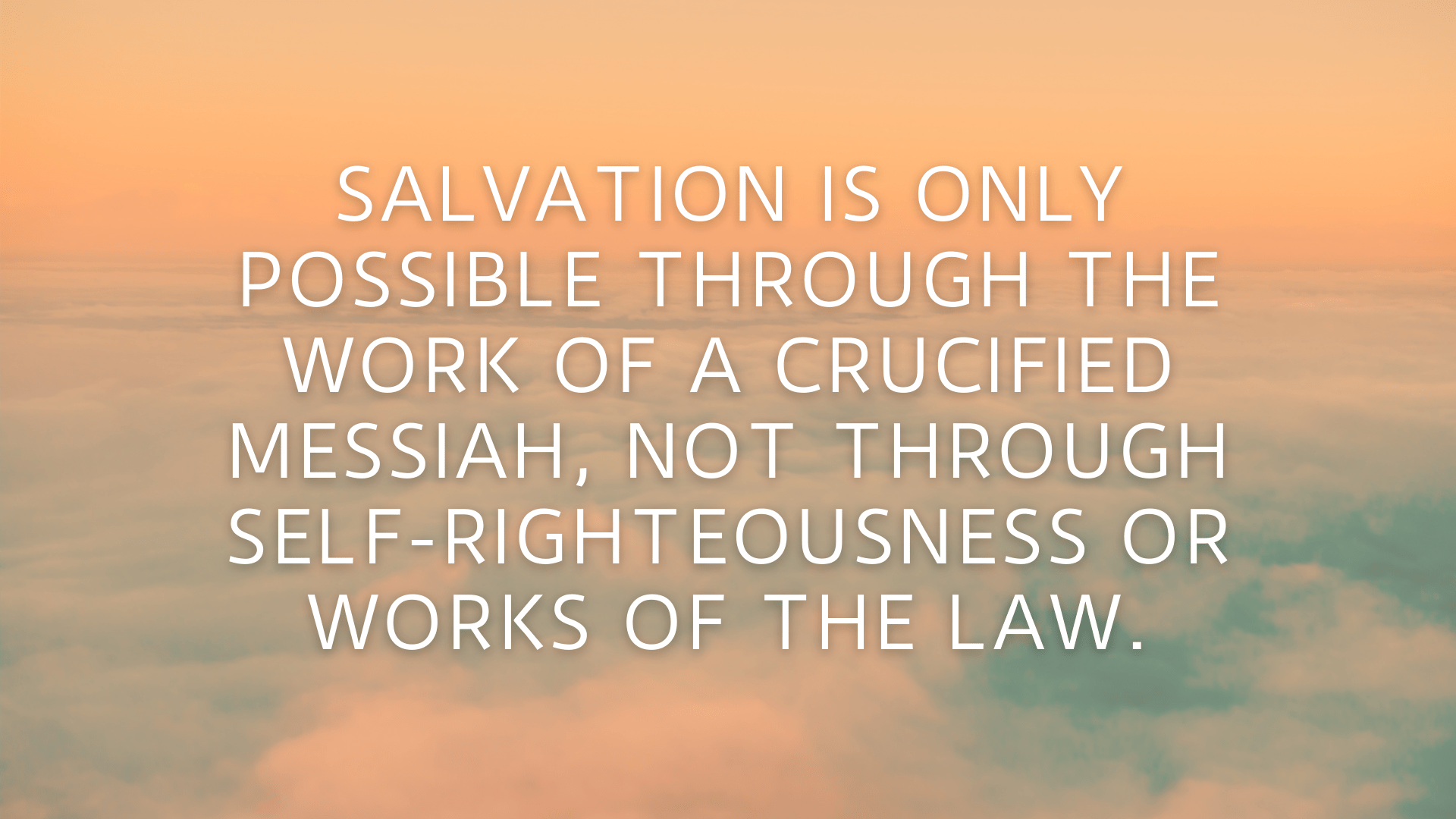God’s Love to Israel and the Gentiles in the Future
Paul has been explaining the pattern of God’s love to Israel in Romans 9-11. Although the majority of Israel became hostile to God, God hasn’t completely abandoned the nation. The faithful remnant of Jewish believers who embraced the Gospel of Jesus Christ is proof that God still desires to one day bring Israel back to Himself. The hardening of Israel is the middle of the story, not the end. Starting in Romans 11:11 Paul now looks to the future to reveal God’s mystery of hardening and loving both Israel and the Gentiles for His glory.
In this last passage of chapter 11, Paul states how the Word of Christ:
- Makes Israel stumble to bring salvation to the Gentiles
- Makes Israel jealous to create in them life out of death
- Creates a tree rooted in the grace of God to give life to dead branches
- Fulfills God’s Covenant to forgive sinfulness
- Proclaims God’s mercy for you, the disobedient, for God’s glory
Paul anticipates the Word of Christ working with Israel and the Gentiles in the future.
The Word of Christ makes Israel stumble to bring salvation to the Gentiles (Romans 11:11-12)
Although the promise to forgive sinners was first given to the Israelites, their refusal to accept the Gospel allowed the Gentiles to become more receptive to it. This points back to a previous point in chapter 9 where Paul mentions how God desires to show mercy to those who weren’t originally His chosen people. God allowed the unbelief of Israel to make them stumble for a time, which allowed the other nations to be made righteous through believing the Gospel. Thankfully, the stumbling would not be permanent, as God always intended to save both the Israelites and Gentiles. Salvation is only possible through the work of a crucified Messiah, not through self-righteousness or works of the law.
The Word of Christ makes Israel jealous to create in them life out of death (Romans 11:13-15)
The Gentile’s acceptance of the Gospel was meant to motivate the Israelites to receive it. Paul desperately wanted more of his fellow Israelites to share in the blessings that the Gentiles were starting to enjoy. The kind of envy that Paul wanted the Gentiles to stir up in the Israelites can apply to us today. As believers, we need to have that same God called us to be a light wherever He has placed us. We each play a role in bringing about reconciliation and restoration in the world.
The Word of Christ creates a tree rooted in the grace of God to give life to dead branches (Romans 11:16-24)
Paul uses a tree metaphor to warn the Gentiles against being arrogant in their newfound faith. The tree is the people of God. The grace of God, being the root, can sustain both the natural (Israel) and wild (Gentiles) branches. He can also cut off any branches that He sees fit. Yet even in that, God is able to cut off natural branches, graft in wild branches, and put back the cut branches. Through this tree metaphor, Paul reminds the Gentiles that one group is not superior to another. We are all supported by the same root and our attachment comes by faith, not merits.
The Word of Christ will fulfill God’s Covenant to forgive their sins (Romans 11:25-29)
God still has a redeeming work to finish, and He will not leave it undone. Paul reminds us of God’s persistence and patience with the nation of Israel. Despite Israel’s complicated past and present, there is still hope. Paul makes a bold statement that all of Israel will be saved one day. This could mean the entire nation or the majority that were once unbelievers. Regardless, it shows that God is unwavering in saving His chosen people. God’s promise to forgive sinners, once made available to the Israelites, is now open to everyone who believes in Him to accept.
The Word of Christ proclaims God’s mercy for you, the disobedient, for God’s glory (Romans 11:30-36)
God offers mercy to the disobedient through the person and work of Jesus Christ. The Gentiles came from a place of disobedience and the Israelites fell into disobedience, yet God chooses to demonstrate his grace and mercy to the undeserving. Paul realizes how impossible it is to fully understand the mind of God. However, it doesn’t stop him from breaking out in praise. What may seem like a random conclusion to this passage of Romans is the only appropriate response to God’s power and mercy: true worship to the God who saves and sustains us.
Nothing can separate you from the love of God. God is faithful enough to redeem and restore to both His chosen people and the once disobedient Gentiles. Allow the Word of Christ to encourage you to walk in His grace and mercy:
All that the Father gives me will come to me, and whoever comes to me I will never cast out. (John.6:37)
Come to me, all who labor and are heavy laden, and I will give you rest. (Matthew 11:28)
Let us then with confidence draw near to the throne of grace, that we may receive mercy and find grace to help in time of need. (Hebrews 4:16)

